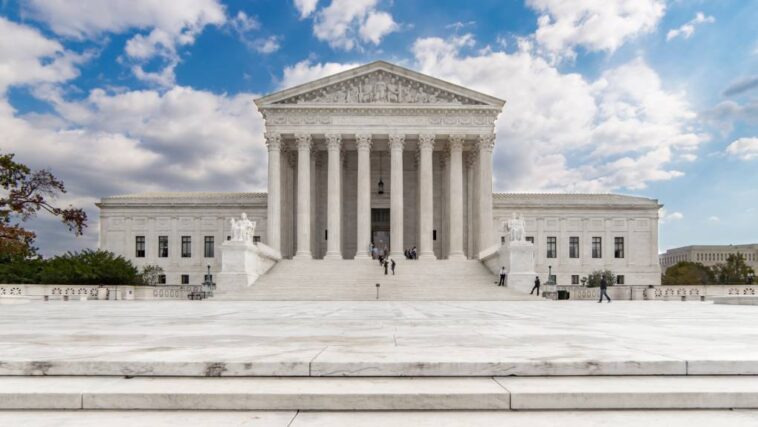The U.S. Supreme Court is Deciding Big Cases This Term
The U.S. Supreme Court is now in session, and the cases it considers this term have the potential to shape the future of the country. The Court will be deciding on a range of cases, from the future of the Consumer Financial Protection Bureau (CFPB) to whether people under domestic violence restraining orders should be allowed to possess guns.
The Fate of the CFPB is at Stake
One of the most high-profile cases of the term is Seila Law LLC v. Consumer Financial Protection Bureau. At issue is the constitutionality of the CFPB, an agency established in 2010 as part of the Dodd-Frank Wall Street Reform and Consumer Protection Act. The CFPB was created in response to the 2008 financial crisis, in order to provide consumer protection against financial services companies. The Supreme Court will now decide whether the CFPB’s structure, with a single director appointed by the President and removable only for “inefficiency, neglect of duty, or malfeasance in office,” is constitutional.
The CFPB is headed by Kathy Kraninger, who was appointed by President Trump in December 2018. Kraninger has been a proponent of rolling back regulations on the financial industry, and has been criticized for her lack of experience and aggressive deregulatory agenda. If the Supreme Court upholds the CFPB’s structure, Kraninger will remain in office until her term expires in 2023. If the Court sides with the challengers, however, the CFPB’s future will be in doubt.
Gun Possession for Domestic Violence Victims
Another major case before the Supreme Court this term is New York State Rifle and Pistol Association v. City of New York. The case involves a New York City law that prohibits people under a domestic violence restraining order from possessing guns. The National Rifle Association (NRA) is challenging the law, arguing that it violates the Second Amendment.
The outcome of this case could have a significant impact on gun laws nationwide. If the Supreme Court upholds the law, it could set a precedent for other states to enact similar laws. On the other hand, if the Court sides with the NRA, it could strengthen the case for Second Amendment rights and open the door for more expansive gun ownership rights.
The Legality of Dreamers
Another case the Supreme Court will consider this term is Department of Homeland Security v. Regents of the University of California. The case involves the Deferred Action for Childhood Arrivals (DACA) program, which provides temporary relief from deportation and work authorization to immigrants brought to the United States as children, often referred to as “Dreamers.” The Trump administration ended the DACA program in 2017, and now the Supreme Court will decide whether this was an unlawful action.
If the Supreme Court upholds the Trump administration’s decision to end the DACA program, it could have a devastating impact on the nearly 700,000 Dreamers currently in the United States. These individuals could be at risk of being separated from their families and deported to countries they have no connection to. On the other hand, if the Court rules in favor of the Dreamers, it could pave the way for a legislative solution to the DACA crisis.
An Important Term for the Supreme Court
The Supreme Court’s current term promises to be a consequential one, with cases that could have a significant impact on the future of the country. The Court will decide on the fate of the CFPB, the rights of domestic violence victims to possess guns, and the legality of the DACA program. The decisions made in these cases could shape the legal landscape of the United States for years to come.
READ MORE: https://www.kqed.org/forum/2010101894753/whats-at-stake-in-the-supreme-courts-new-term


